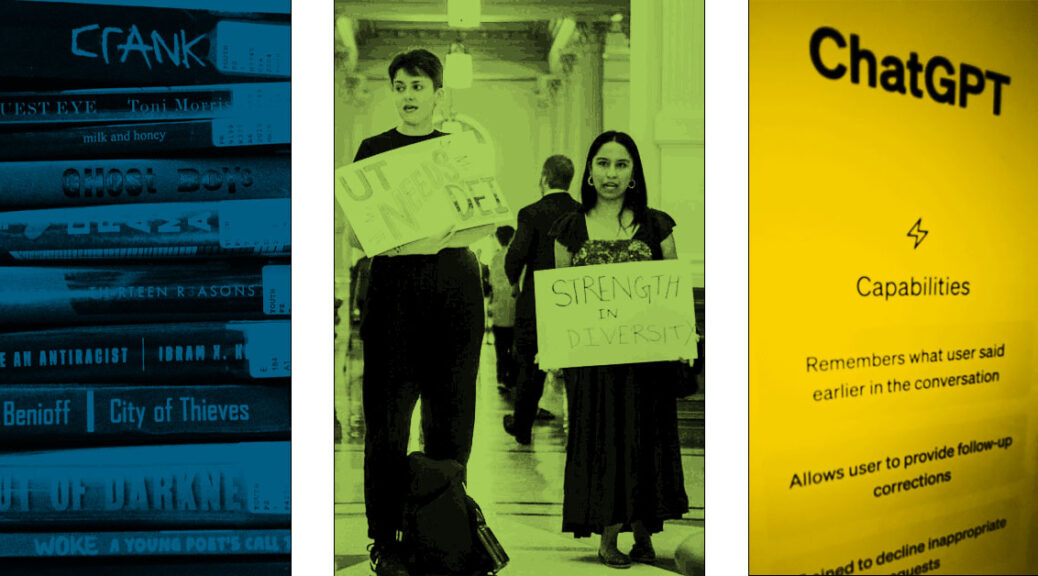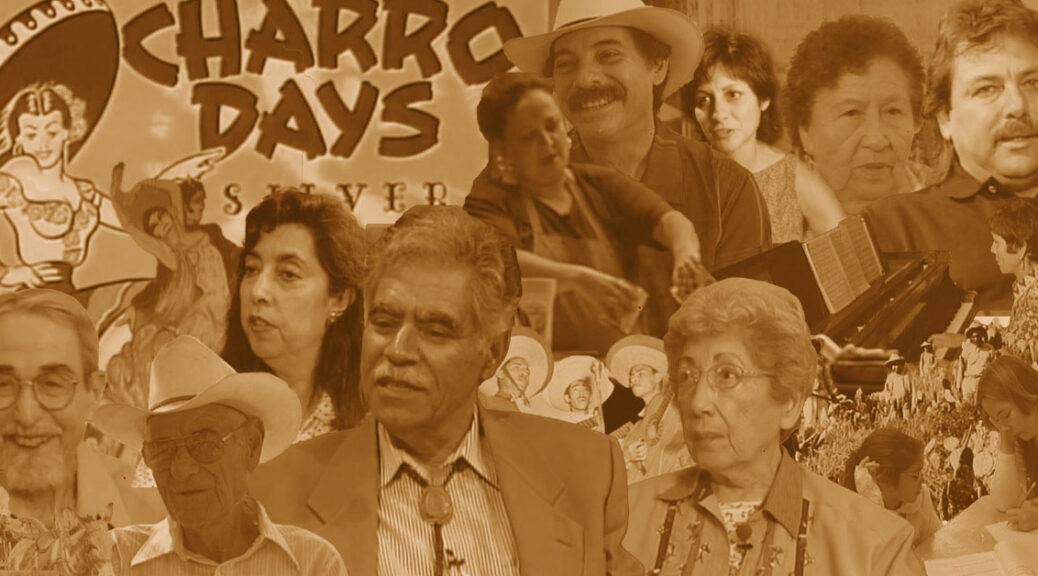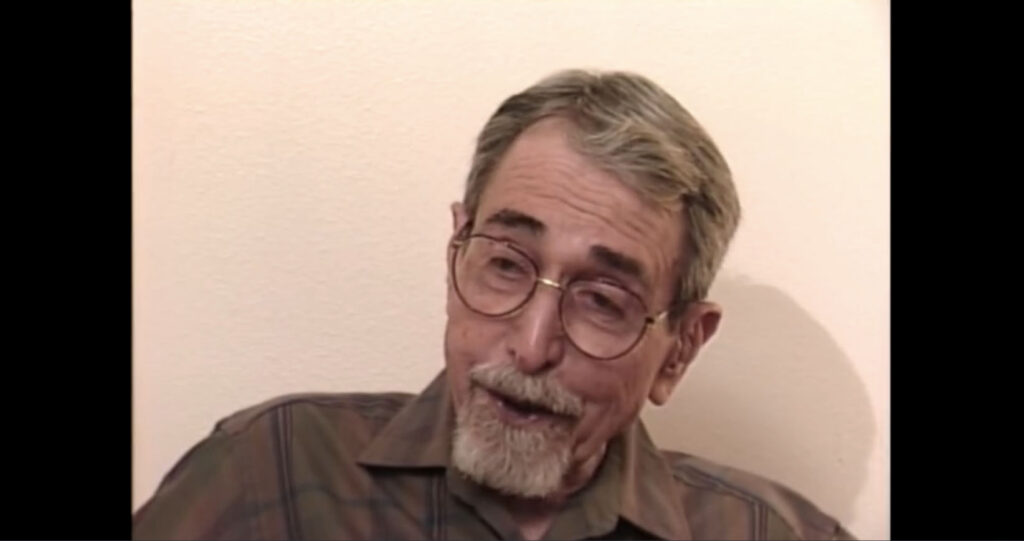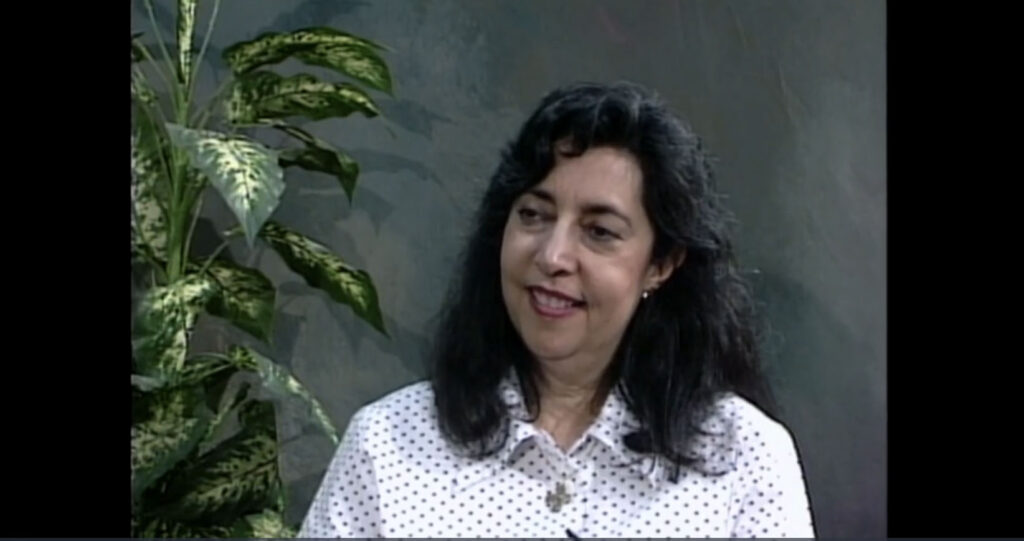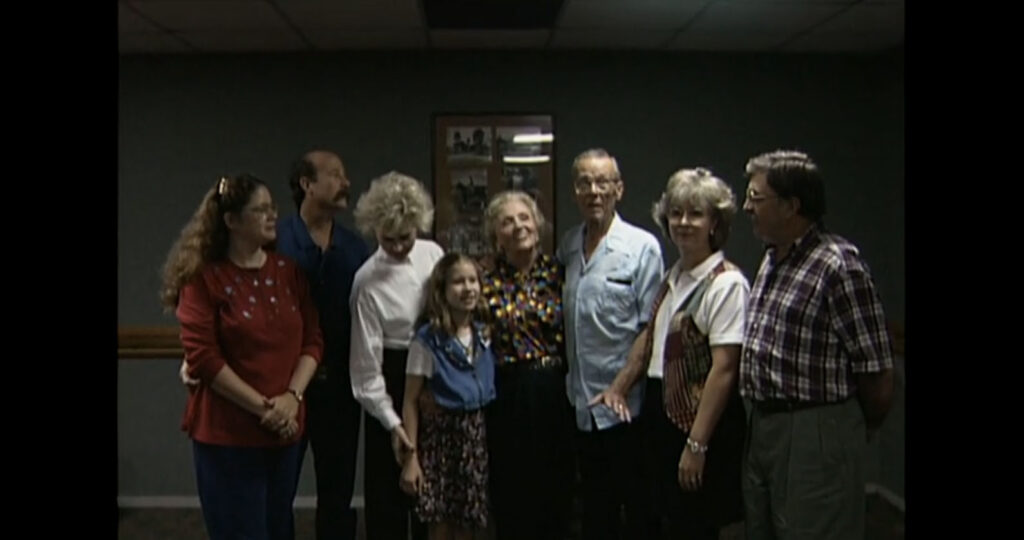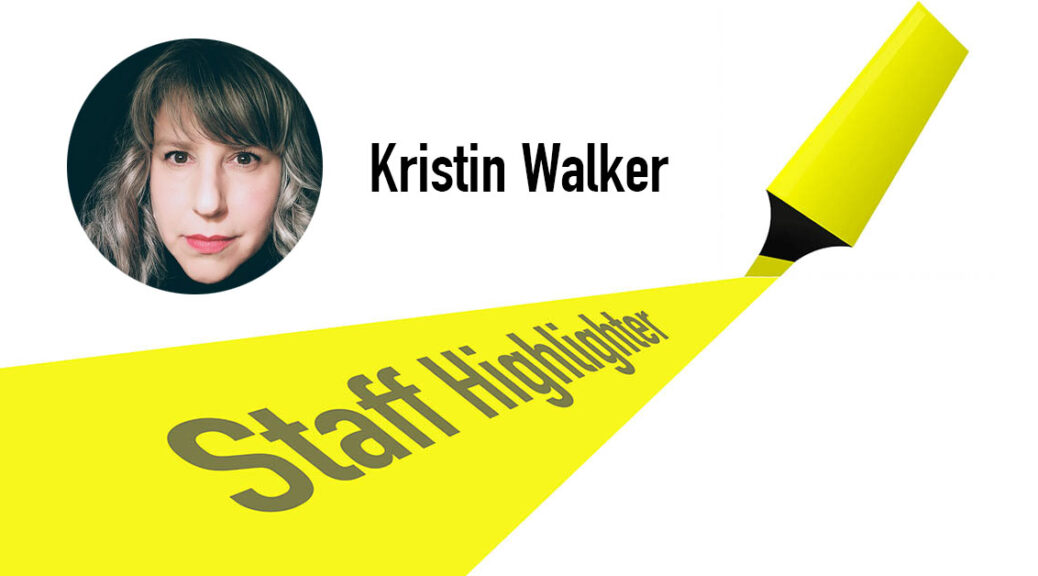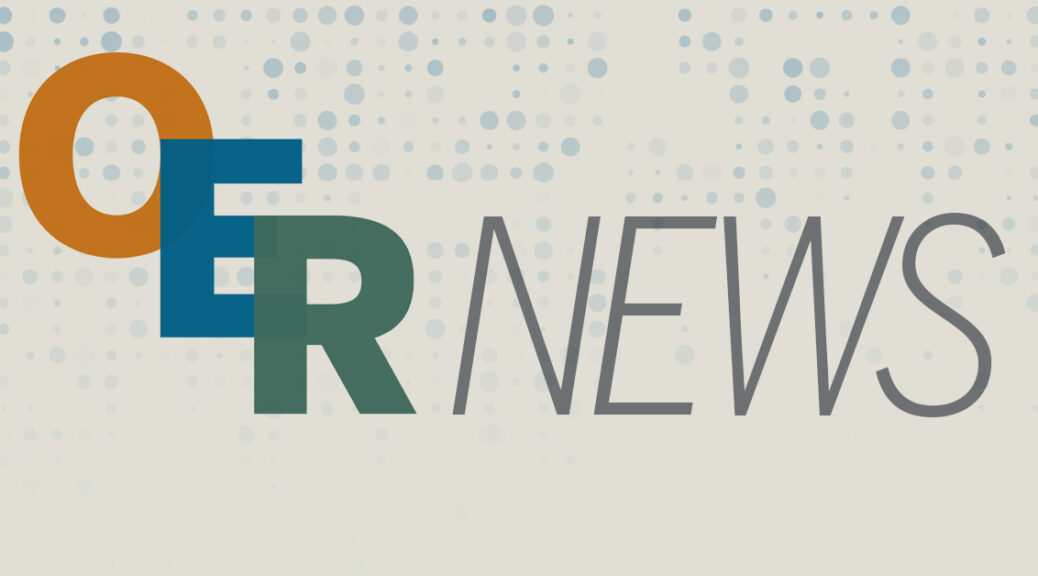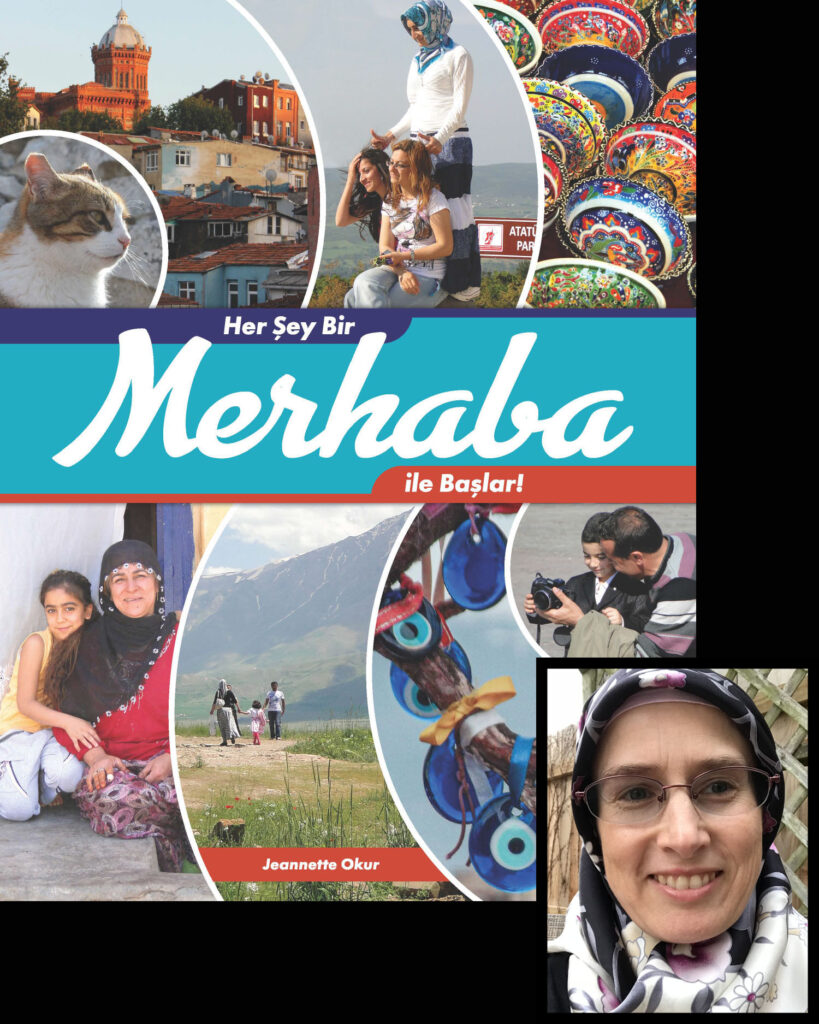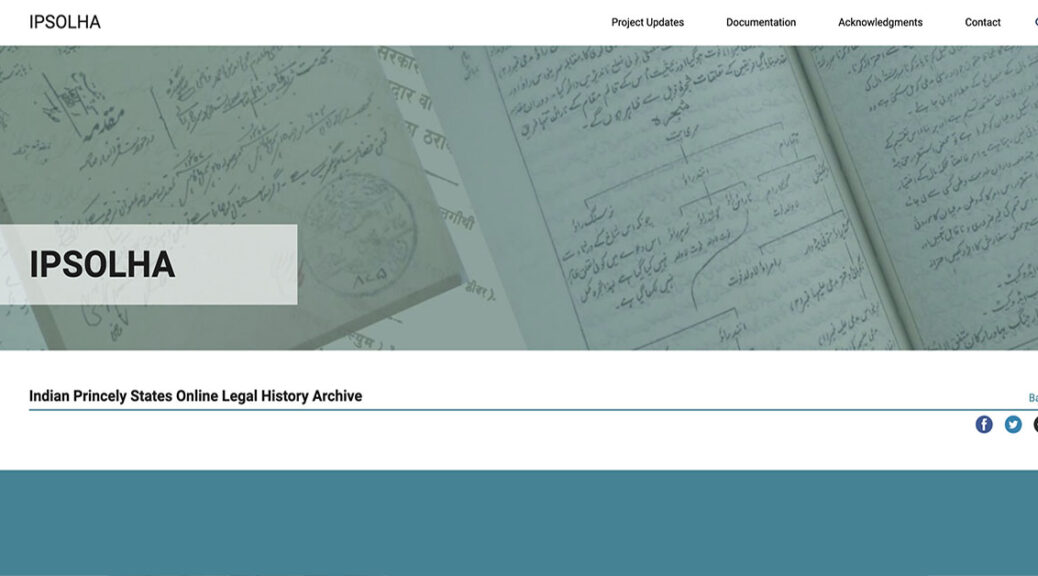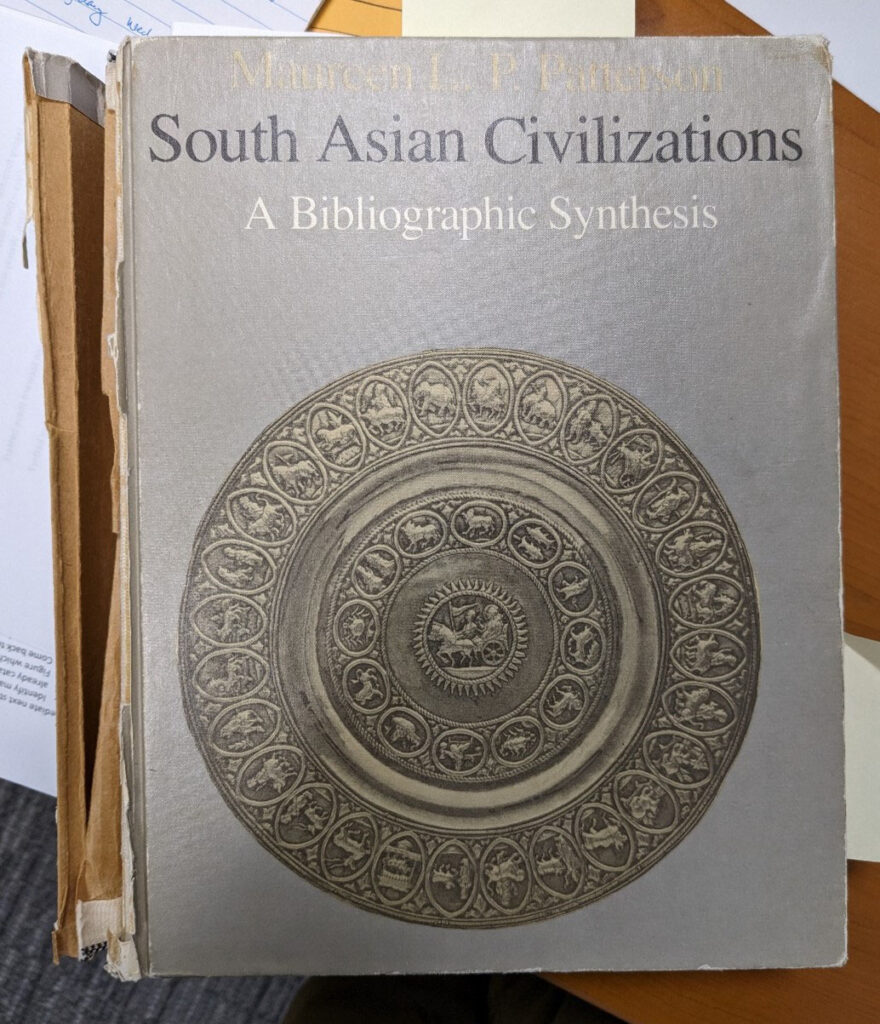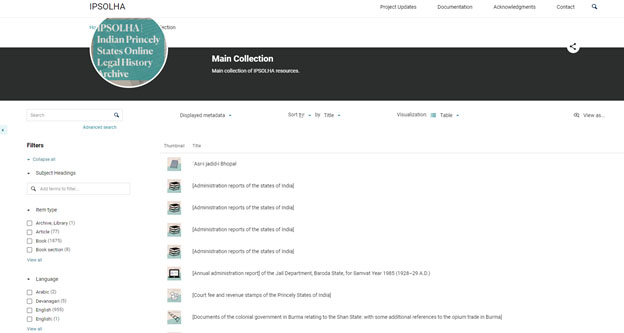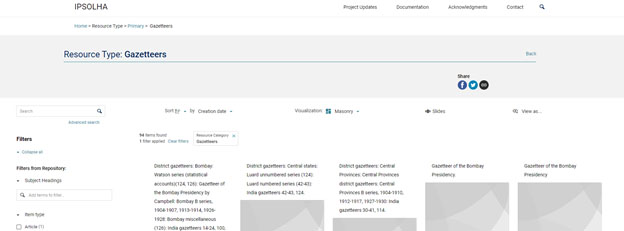Friends,
As we celebrate National Library Week at the close of another long academic year, I want to take a moment to reflect on recent developments in the world of libraries and technology.
It’s impossible to understate the importance of libraries in our society. Libraries are not just buildings that house books, but they are cultural and educational centers that foster learning, creativity, and community engagement. In the face of recent challenges, libraries have remained steadfast in their commitment to serving the public.
We recognize that libraries across the nation are facing challenges and opportunities in the current environment of censorship, legislative initiatives that seek to end diversity, equity and inclusion practices, and the rise of artificial intelligence as a potential paradigm-shifting development in technology.
The American Library Association’s Office for Intellectual Freedom (OIF) documented 1,269 demands to censor library books and resources in 2022, the highest number of attempted book bans since ALA began compiling data about censorship in libraries more than 20 years ago, and a number which nearly doubles the 729 book challenges reported in 2021.
Libraries have traditionally been viewed as bastions of free speech and intellectual freedom, but the challenge of censorship in the current political environment is an ongoing concern. National Library Week is a time to celebrate libraries and all that they stand for, and also an opportunity to redouble our commitment to the principles of the free exchange of ideas.
On another front, legislatures across the country are considering laws that would prohibit colleges from having diversity, equity, and inclusion offices or staff; ban mandatory diversity training; prohibit institutions from using diversity statements in hiring and promotion; or prohibit colleges from using race, sex, color, ethnicity, or national origin in admissions or employment. As of this writing, 34 bills have been introduced in state legislatures across the country – 2 have final legislative approval, 1 has been signed into law, and 5 failed to pass.
We will continue to promote and implement IDEA concepts (Inclusion, Diversity, Equity and Accessibility) in our collections, programs, and services, including in efforts to acquire and promote materials from diverse perspectives, provide programming that reflects the interests and needs of diverse communities, and create an inclusive environment for all patrons. Our role in advancing DEI efforts and promoting equity and inclusion for our community is too important.
Despite the challenges, libraries continue to provide access to information and resources to all members of the community regardless of their backgrounds or beliefs. Our commitment to diversity, equity, and inclusion and freedom of speech remains unwavering, and we will continue to provide a safe and welcoming space for all.
We’re also watching with great interest developments in the field of artificial intelligence, especially ChatGPT and similar innovations. Though the sudden leaps in technology can be accompanied with a fear of the unfamiliar, libraries can consider ways to leverage nascent developments for the greater benefit of our users and staff. Improved search capabilities can speed the process of uncovering information. Algorithms can analyze user histories to suggest tailored results. There’s great potential for enhancing accessibility for users with differing needs, and for analyzing behaviors in ways that will facilitate improvements in the user experience. And there are possibilities for automating internal processes that can free up human resources for other high-value work.
Great care, however, needs to be taken when considering the adoption of novel technologies to ensure that their use doesn’t negatively impact information literacy. Transparency in and understanding of how systems work, and how they select and organize results is key to avoiding biases and recognizing the limitations of new technology. New technologies should never be considered replacement for critical thinking; as such, AI should be a tool to augment this most important element in the development of new knowledge, and libraries can play a role in reinforcing the importance of critical thinking skills. And new technologies should be constantly re-evaluated to identify and address shortcomings in their systems.
Artificial intelligence can potentially be a powerful tool to augment and enhance traditional library resources, and by taking a responsible approach to adopting this development, we can leverage it for the benefit of students, faculty and researchers.
We are not daunted by challenge, and we welcome whatever opportunities arise.
Thank you for your continued support of libraries. We look forward to serving you now and in the future.
With gratitude,

lorraine j. haricombe | Vice Provost and Director, UT Libraries, University of Texas, Austin.

